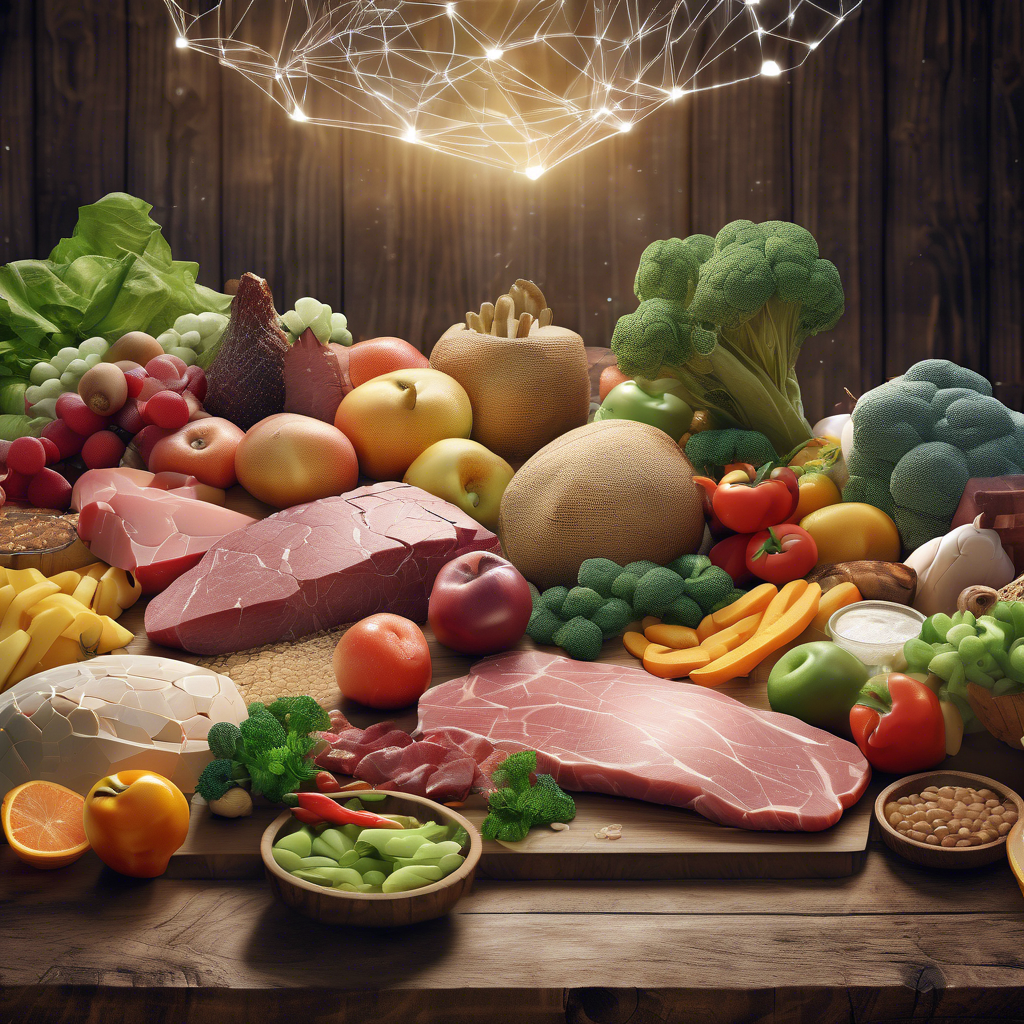WPP and Coca-Cola Utilize NVIDIA AI to Revolutionize Global Marketing

WPP is partnering with The Coca-Cola Company to scale their global marketing campaigns using NVIDIA NIM microservices and generative AI from NVIDIA Omniverse. This allows for personalized and customized imagery across multiple markets, delivering hyperlocal relevance at a global scale. The integration of NIM microservices into WPP's Prod X roadmap enables the creation of culturally relevant 3D advertising assets.
The USD Search NIM accesses a library of models for asset creation, while the USD Code NIM assembles them into scenes. WPP's Production Studio, powered by AI and OpenUSD, simplifies content creation by automating multilingual text, image, and video production. This partnership highlights WPP's efforts to redefine content production and utilize advanced technologies to drive creativity.
Brief news summary
WPP and The Coca-Cola Company are partnering with NVIDIA to utilize generative AI to scale their global marketing campaigns. With the help of NVIDIA NIM microservices, the companies can personalize and customize imagery across various markets, ensuring hyperlocal relevance at a global scale. The integration of NVIDIA's NIM microservices into WPP's Prod X roadmap will allow for the creation of 3D advertising assets that incorporate culturally relevant elements. These microservices compress multiple production phases, enabling artists to optimize their work. WPP's Production Studio, powered by AI, simplifies content creation for advertisers and marketers by automating multilingual text, image, and video creation. The collaboration between WPP, The Coca-Cola Company, and NVIDIA showcases the future of creativity in marketing.
AI-powered Lead Generation in Social Media
and Search Engines
Let AI take control and automatically generate leads for you!

I'm your Content Manager, ready to handle your first test assignment
Learn how AI can help your business.
Let’s talk!

Ending Food Lies: Blockchain Could Revolutionize …
An increasing number of experts warn that food fraud quietly siphons off up to $50 billion annually from the global food industry, posing serious health risks to consumers as well.

Anthropic CEO Criticizes Proposed 10-Year Ban on …
In a recent New York Times op-ed, Dario Amodei, CEO of Anthropic, voiced concerns about a Republican-backed proposal to impose a decade-long ban on state-level AI regulation.

Consultant Faces Trial Over AI-Generated Robocall…
Steven Kramer’s trial in New Hampshire has attracted considerable attention amid rising concerns about artificial intelligence’s (AI) role in political processes.

From clay tablets to crypto: Rethinking money in …
If money isn’t coins, bills, or even cryptocurrencies, then what truly defines it? This question lies at the core of this week’s episode of The Clear Crypto Podcast, where hosts Nathan Jeffay (StarkWare) and Adrian Blust (Tonal Media) interview Bill Maurer, dean of the UC Irvine School of Social Sciences and a prominent anthropologist specializing in finance.

New York Times Reaches AI Licensing Deal with Ama…
The New York Times has entered into a multiyear licensing agreement with Amazon, marking a major milestone as the newspaper's first deal of this kind with an artificial intelligence company.

A blockchain based deep learning framework for a …
E-learning has undergone a significant transformation, especially highlighted during crises like the COVID-19 pandemic, when it became essential globally.

AI in Healthcare: Enhancing Diagnostic Accuracy w…
Machine learning algorithms are transforming healthcare by greatly improving diagnostic accuracy.

 Auto-Filling SEO Website as a Gift
Auto-Filling SEO Website as a Gift








 Auto-Filling SEO Website as a Gift
Auto-Filling SEO Website as a Gift

